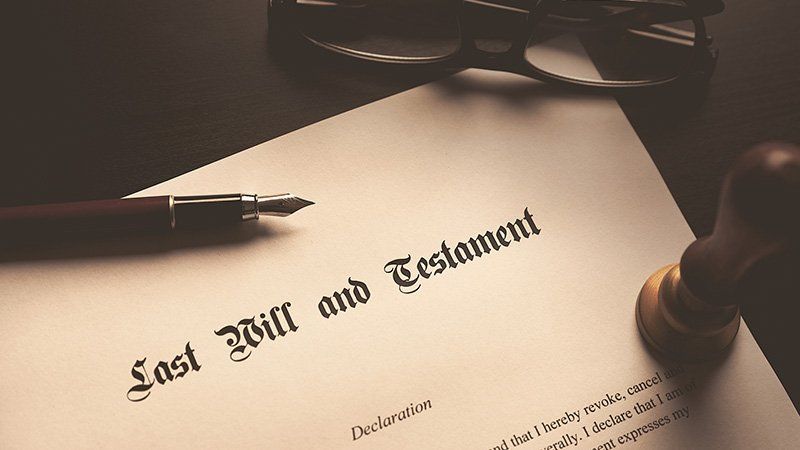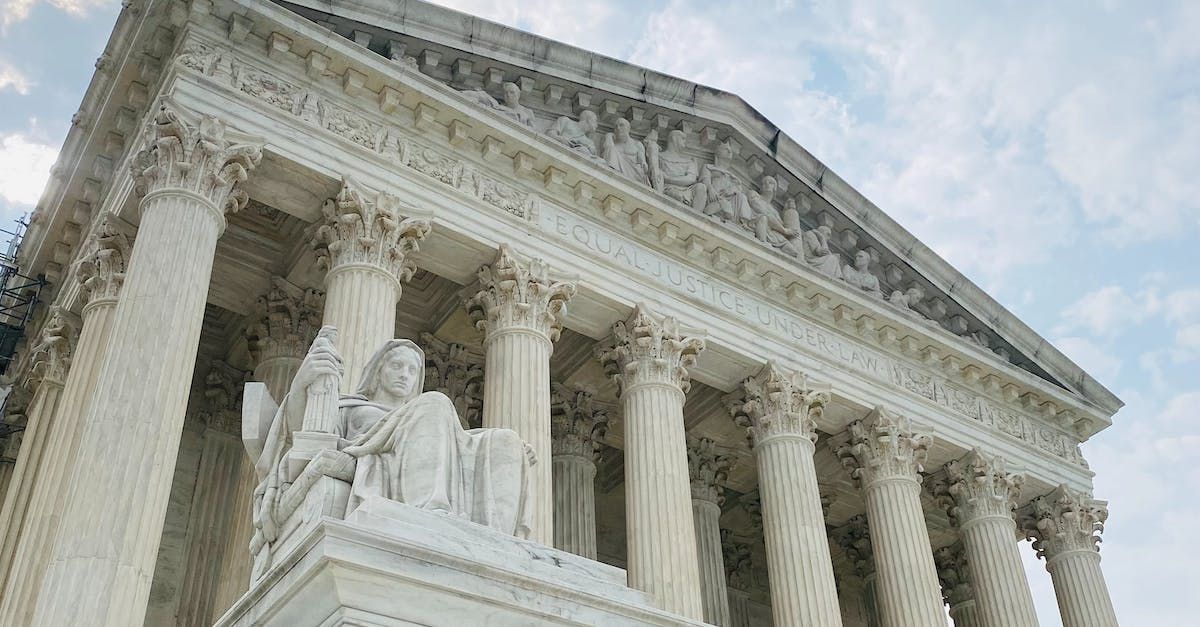Client Login
×Practice Areas
Is An "Estate Plan" Just A Will?
Estate Protections Series: Part 1

Most people have the misconception that making an "estate plan" means having a Will. While a Last Will is one document involved, you are not creating an actual “plan." So, what do you actually need to avoid probate and make things easier for your loved ones?
Planning for Incapacity
Estate planning is a process that prepares you for two important stages. The first, "incapacity," happens when an issue prevents you from managing your own affairs (e.g. Alzheimer’s Disease). Without planning, the next people to help you need to be approved by a judge first. This happens in probate cases called "Guardianship" and "Conservatorship." You can avoid this round of probate by creating Powers of Attorney. A “General Durable Power of Attorney” allows someone to step in and manage your finances. Separately, a “Medical Durable Power of Attorney” allows someone to manage your healthcare. Also, "Medical Directives" do not address probate but make things easier for loved ones. A HIPAA Authorization ensures your loved ones have access to speak with doctors, while a Living Will makes important end-of-life decisions in advance.
Planning for Death
In the second stage of estate planning, a person plans for what happens after they die. A Last Will serves as a set of final instructions, but A WILL DOES NOT AVOID PROBATE. There are a couple methods people use to avoid probate. One involves using beneficiary designations on assets, such as "Transfer On Death" forms. The other is by using a Revocable Living Trust. The best option for you will depend on your financial and family circumstances.
The Estate Planning Process
An attorney’s role in planning is to help you understand your options, your risks, and your best process. An attorney should also handle as much of the planning as possible. They should draft your documents, reviewing them with you, assisting you with edits and questions, and then help you sign. Once you create a plan, the attorney should help retitle assets to avoid probate (“funding”). Finally, you should receive both original and digital copies of the plan. This allows you to store them in more than one location and share them with key people. All these steps are necessary, but people often neglect parts because they do not know better. This results in you not having a complete "plan."
Next Steps
It may seem daunting, but estate planning can be simple, quick, and painless, and the majority of this process should be managed by your attorney (that is why you hired them!). To learn more, please reach out to the attorneys at Opfer | Campbell | Beck P.C. for a free consultation. For more information about protecting your estate, stay tuned for the next Estate Plan Protections Series!

Recent Blog Posts

Offices
Parker Station - 19751 East Mainstreet, Suite 215
Parker, CO 80138
Summit County - 620 East Main Street #6
Frisco, CO 80443
Phone
The experienced attorneys of Opfer | Campbell | Beck P.C., serve clients throughout both the Denver, Colorado (CO), metropolitan area , as well as clients and cases in Summit County.











